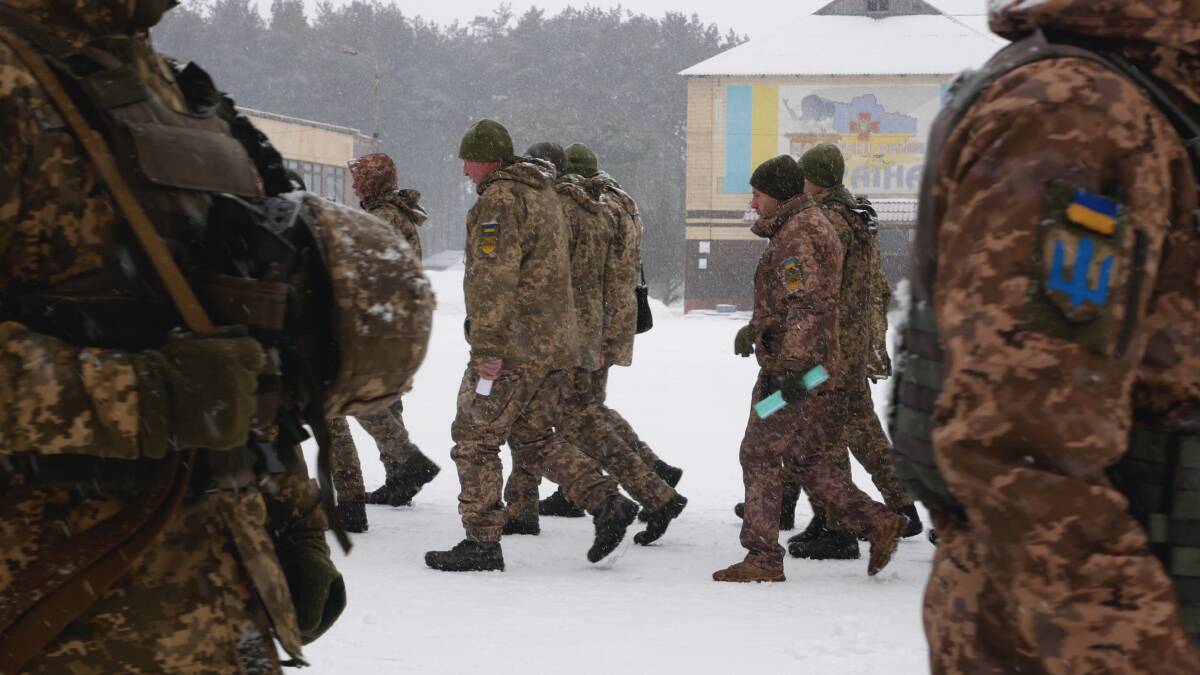
The United Nations could be forced to intervene to allow the safe passage of grain out of Ukrainian ports as fears of a global food security crisis continue to grow.
Subscribe now for unlimited access to all our agricultural news
across the nation
or signup to continue reading
UN secretary-general Antonio Guterres is working to broker a deal between the Russia and Ukraine that would allow grain to move via the Black Sea, one of the world's major grain exporting hubs.
So far reports have suggested Russia would only be willing to be part of such a deal if sanctions on its grain and fertiliser exports imposed by western nations were removed.
The UN's mission has won support from the US, which also has concerns about the impact of a lack of supplies of grain to nations through the Middle East and North Africa normally supplied by Russia and Ukraine.
It marks another unforeseen event for the grain market to digest.
Markets fell late last week on the back of the news of both the potential re-opening of key Ukrainian grain ports and also the fact the Indian wheat export ban flagged earlier in the month would be far less severe than originally flagged.
Thomas Elders Markets analyst Andrew Whitelaw said it was difficult to predict what would happened next but said if ports did open it would have a significant impact on pricing.
"One of the things that gets lost here a little is that there is still a significant amount of grain both old-crop in storage and new-crop likely to be harvested in Ukraine," Mr Whitelaw said.
"Even with the war going on plenty of crop has been planted, the conflict is regionalised rather than running across the entire country."
Mr Whitelaw said some Ukrainian grain was finding its way into world markets via road and rail into eastern European nations such as Romania and Poland but said not enough could logistically be moved to meet demand.
Official statistics show Ukrainian grain exports are less than half those at the same time last year.
"Opening the ports would be the way to get those big volumes of grain many importers are looking for, but we don't know if the UN will be able to broker any such deal."
"It is a strange dynamic because if the UN did get the ports going and there were no other logistical problems things could get going quite quickly but people obviously have their doubts about whether that can happen."
Mr Whitelaw said if history was any guide prices would fall, rather than plateau on the back of bearish news.
"We've seen in the past when we have seen these big events that have pushed prices up to really high levels, there have probably been five in the past 30 years or so, at the end the fall has averaged around 17 per cent, it is not just a steady plateau or slight drop prices come back fairly hard," he said.
Mr Guterres warned around 44 million people in 38 countries are at emergency levels of hunger, saying staple food prices were up 30 per cent since the conflict started.


